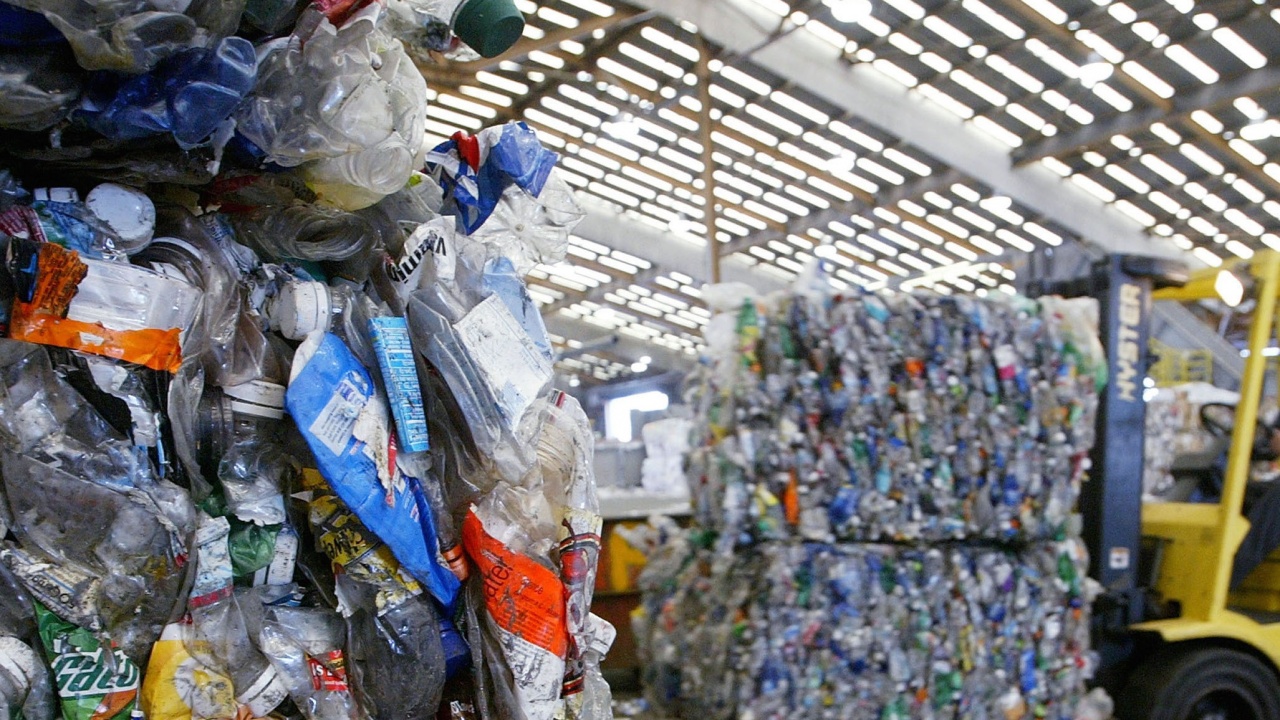Scientists from the University of Texas, USA, have modified a natural enzyme capable of breaking down environmentally hazardous plastics into monomers in hours, according to the website Fiz.org, BTA reported.
Only 10 percent of the world's plastic waste is recycled.
The most popular method is to burn them.
However, this process has its drawbacks, including the release of toxic substances into the air.
Looking for a solution to the problem of plastic waste, experts have studied the properties of polyethylene terephthalate (PET).
The material is widely used in plastic bottles, food packaging and textiles.
It accounts for 12 percent of the world's waste.
With the help of artificial intelligence, engineers have created a mutation in the enzyme PETase.
The development allows bacteria to process widespread polyethylene terephthalate under natural conditions.
In some cases, it only takes 24 hours to break down plastic into monomers.
In nature, however, it can last for centuries.
Scientists have already applied to patent the technology.
They believe that development can be an effective solution for recycling and ecological production.
Romania reduces the use of disposable plastics
Researchers in Texas hope the technology will help save the planet from a plastic apocalypse.
Scientists are now looking for the best way to use enzymes in this area.
